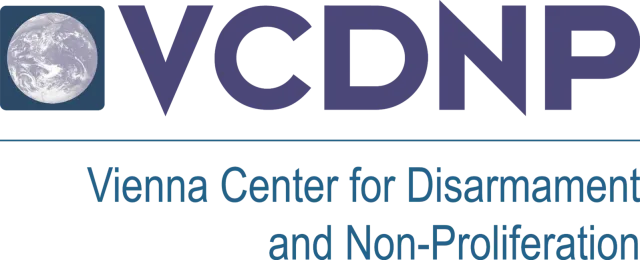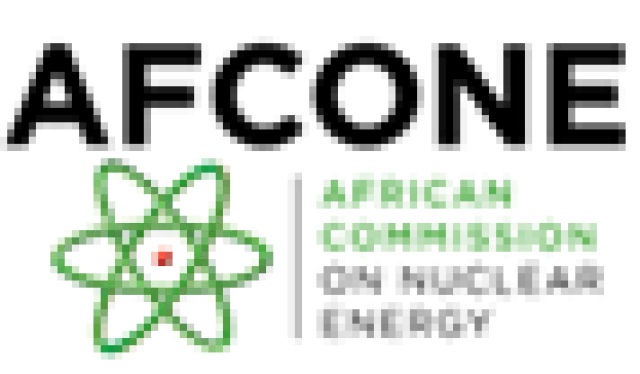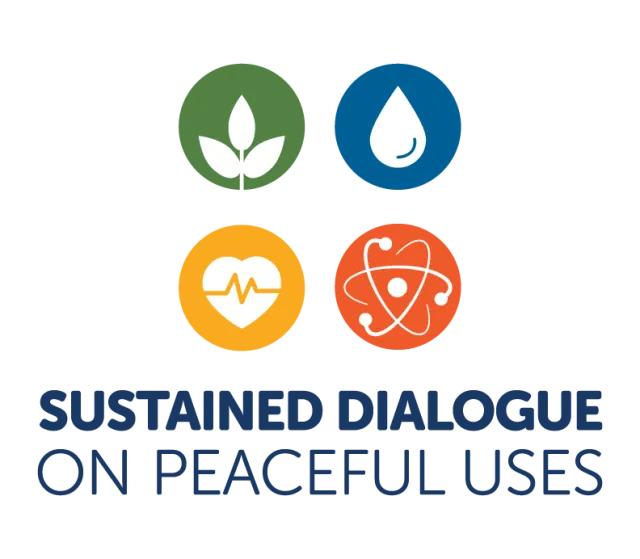The following are key recommendations of thematic breakout groups and discussions throughout the workshop.
Regulatory and legal perspectives
- Communication about the benefits of peaceful uses and the requisite legislative and regulatory requirements should be enhanced for different government offices and national parliaments.
- Ratifying the international conventions and developing comprehensive nuclear laws and regulations early. This is an important first step in raising the country’s capacity to regulate nuclear activities and should be done in such a way to allow for future expansion into nuclear power.
- The technology vendor and the nuclear regulator of the exporting country should engage early with the government, the regulator and the radioactive waste management organisation in the importing African country. This will help to sensitise each other to their respective regulatory requirements and to develop harmonised licensing standards to the extent possible.
- Safeguards-by-design should be promoted as a tool to ease the burden on the importing state and as a cost saving measure to reactor vendors, regulators and potential end-users.
- Growing regulatory bodies commensurately with the size of the nuclear programme is important.
Financial perspectives
- As one of the primary challenges to further expanding nuclear is financing, governments should support international as well as non-governmental organisations in publishing short briefs targeted to policymakers to raise awareness about the benefits of peaceful uses and potential financing options with an emphasis on reaching international financial institutions, philanthropic organisations, and ODA funders.
- To mitigate risks and risk perceptions related to financing, risk analysis models should be developed to identify what international financial institutions view as threats to their investment, who the owner of a given risk would be, what the associated costs are and how the risk can be mitigated through insurance, legal measures, government action or action by other stakeholders.
- While there has been no financing by international financial institutions for nuclear new build projects in the past, there are lessons to be learned from other large financing projects by these institutions. These lessons should be studied by the non-governmental expert community, expanded upon and shared broadly.
- Because of the current lack of financing by international financial institutions for nuclear new build projects, national governments should fund more research into identifying specific data points based on different financing models to ameliorate the perception that nuclear technology is too expensive.
- Efforts to engage philanthropic foundations and ODA funders on peaceful uses of nuclear technology should be urgently scaled up, with NGOs and think-tanks playing a crucial role in convening these stakeholders alongside industry and governments. Supporting these organizations can facilitate dialogue, identify new partnership opportunities, and advocate for integrating peaceful nuclear uses into development and climate change mitigation frameworks, thereby advancing the safe, secure, and sustainable deployment of A/SMRs in developing nations.
Stakeholder involvement and perception perspectives
- National governments could create parliamentary committees to examine the potential role of nuclear technology for development in their countries, identify national challenges and begin early consultations with national stakeholders to mitigate these challenges.
- When communicating on peaceful uses with policy makers, the public and other stakeholder groups, simple language without jargon should be used, backed up with easily accessible data and statistics.
- A platform with easily accessible information with relevant data and statistics for journalists, policy makers and industry should be created on the benefits of peaceful uses, how nuclear science and technology contributes to development and climate change mitigation, and on nuclear safety, security and safeguards. This platform should complement and provide links to the IAEA’s website.
- When engaging with the public in Africa on nuclear power development, it is essential to start with the traditional leaders (chiefs) at local levels, as their buy-in will be necessary to mount local support for nuclear power.
- The United Nations could establish a World Nuclear Day to provide international spotlight on the nuclear-climate-development nexus.
Infrastructure perspectives
- Political will is essential for the sustainable deployment of SMRs. African policymakers should promote the inclusion of nuclear technology in Africa’s Agenda 2063, promote nuclear power for development to international financial institutions, such as the World Bank, and insist on increasing the share of nuclear power in the energy mix.
- Human resource development should begin as early as possible, including education on nuclear technology starting from the elementary level through tertiary and vocational training. This will not only assist with human resource development as such, but also with public acceptance.
- Universities should share experiences with one another to attract more students, establish more nuclear engineering programmes and devise harmonised curricula.
- There should be more engagement between grid operators, reactor designers and international experts on the grid-related necessities of nuclear power.
- More work in scientific forums should be dedicated to issues of siting nuclear facilities, including the conditions required for up-and-coming nuclear power plant designs and engagement with the general public in potential sites. Along the same vein, once a site is identified, priority should be placed on socio-economic development in that area to attract job seekers.
- Utilize IAEA resources like the Nuclear Harmonization and Standardization Initiative (NHSI), the SMR Platform, the Milestones Approach, technical guidance documents, and request IAEA review missions and advisory services. These provide valuable frameworks and support.
Conclusion
There was broad agreement among participants that the momentum created by this workshop must be utilised to establish a long-term, multi-stakeholder process. Such a process should promote the nuclear-development-climate nexus, expand partnerships for financing of nuclear, and generate further engagement with ODA funders, philanthropic foundations, industry, and government for an expansion of peaceful uses globally.
A website will be launched to serve as a platform offering accessible information, including data and statistics, for journalists, policymakers, and industry professionals. The site will focus on the contributions of peaceful nuclear uses to development and climate change mitigation, as well as nuclear safety, security, and safeguards. This platform will complement and provide links to the IAEA, the NEA and the International Energy Agency (IEA) websites.
Noah Mayhew, Ingrid Kirsten and Tony Stott
reviewed by Xímena Vásquez-Maignan and Rudiger Tscherning
Wilton Park | July 2024
In partnership with




-
Notes
Wilton Park reports are brief summaries of the main points and conclusions of a
conference. The reports reflect rapporteurs’ personal interpretations of the proceedings.
As such they do not constitute any institutional policy of Wilton Park nor do they
necessarily represent the views of the rapporteur. Wilton Park reports and any
recommendations contained therein are for participants and are not a statement of policy
for Wilton Park, the Foreign, Commonwealth and Development Office (FCDO) or His
Majesty’s Government nor any participating governments.
Should you wish to read other Wilton Park reports, or participate in upcoming Wilton Park
events, you can find out more here.
To receive our monthly bulletin and latest updates, please subscribe here.
